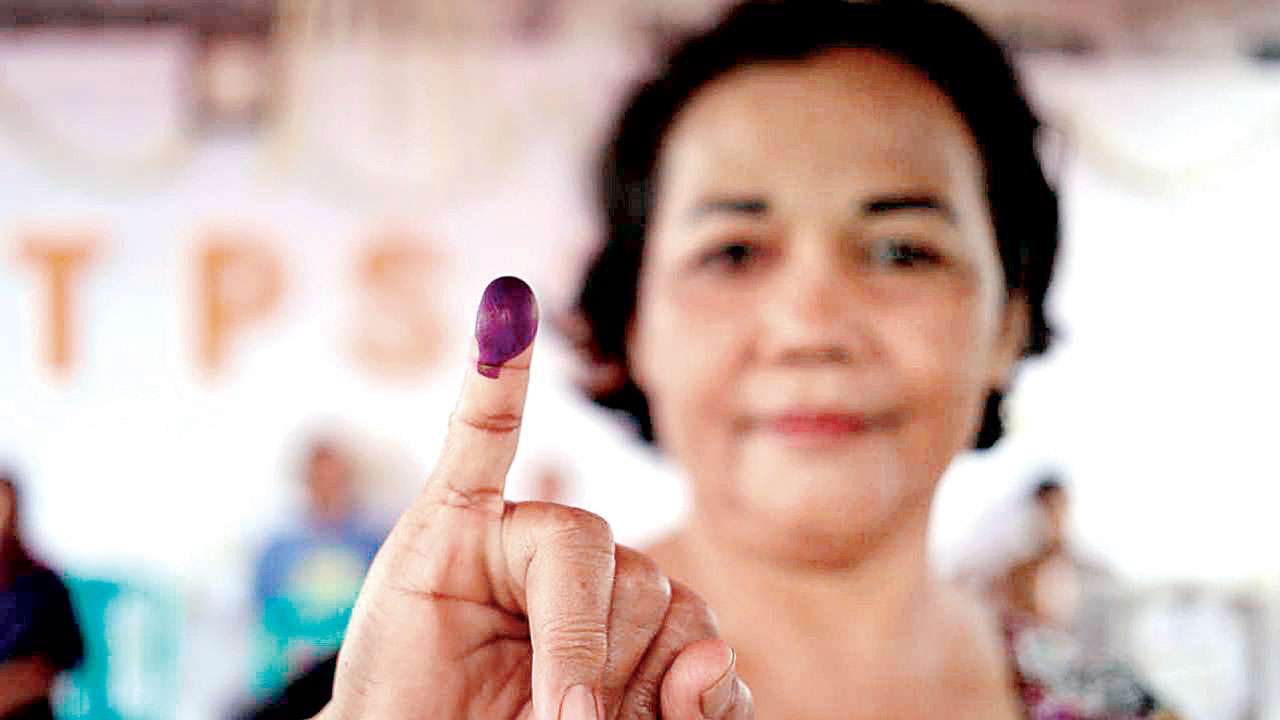
Last month Indonesia went to polls and more than 500 election personnel died in the process. What? This is the instant reaction of anyone who gets to know of this fact. Shocking! Unbelievable! These are expressions which definitely do not capture the real pain and sorrow of these avoidable deaths. They died because of overwork, fatigue, lack of resources, lack of anticipation and terribly bad planning. A little bit of background will help us to analyse this tragedy better.
Indonesia has a population of about 26 crore, with 19 crore eligible voters. On April 17, Indonesia conducted the world’s largest single-day election, combining the Presidential election, national election, and regional election. Almost 80% of the eligible voters had voted, which means about 15 crore persons. Voters had to handle five ballot papers at one time. The entire exercise was conducted at more than 8 lakh polling stations.
Managing five ballot papers at the polling station, and thereafter counting them manually is undoubtedly a mammoth task. As a matter of record, this is the largest one-day election conducted anywhere in the world in history. Setting a record is one thing, but getting any massive highly coordinated exercise done – which is heavily dependent on human involvement for very long gruelling hours, both mentally and physically – deserves serious thinking. It is not at all mandatory to be done on a single day, neither by the law of the land nor by any other compelling reason.
There are certain natural disasters which happen all of a sudden and relief work has to be executed in a very large area and in the shortest possible time, for instance cyclones, earthquakes, tsunami, etc. Or, there are congregations of a large number of persons at a particular place on a particular day, for instance specific days at Kumbh at Prayagraj, Haj rituals at Mecca, etc. These events have to be managed for very large number of persons at specific days and time. And, there is hardly any option. But, conducting elections in a democracy is something very different. These can easily be planned according to the resources available and constraints within which they have to be conducted. The most important aspect of democratic elections is to keep the spirit – free and fearless – intact.
Two questions need to be answered for planning these elections in this particular manner. The first question, which is the most obvious one, tries to get an answer for the need to conduct the elections in one single day. Usually, the argument in favour of getting the elections for different bodies and different levels done in a single go is the logistics, economies of scale, reduced cost, saving on productive time spent on multiple elections, etc. Common sense guides the decision-making process and anyone would agree that while casting one vote, why not do it for other votes also, and just get over with the process. This approach follows the “do it once, do it final and never do it again” principle. It may be a good principle to be followed for single-shot vaccination in kids for multiple diseases, but for casting of votes, it is not workable as the devil lies in the details. Moreover, there is no need to do so.
The second, and the most important question, is about the ability, or the inability, to anticipate. The large number of election officials and staff – more than 7 million were involved – worked in sweltering heat, without proper food and water, no rest in between often of more than 24-hour continuous work shifts, and, mostly without any medical assistance. A good number of them were above the age of 50 and 60 years. The election commission in Indonesia (KPU) had, therefore, planned for this disaster. Everything could have been anticipated easily. Nothing dramatic or unexpected happened. Thus, it was horrible planning by the authorities. It was not the failure of execution, but extremely poor and unrealistic planning which resulted in the tragedy.
Human lives are precious and cannot be lost so cheaply in the name of democracy. Free and fair elections must be planned in a practical manner. Indonesia can learn a lot from India, a country with five times more population.
The author is a professor at IIM-A, akagarwal@iima.ac.in